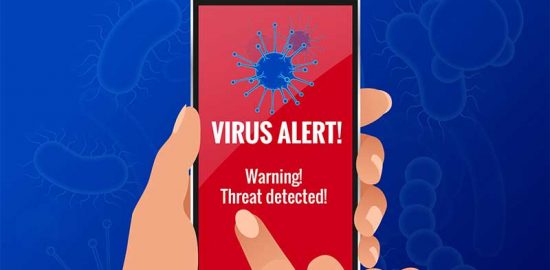Dispose of Old Cell Phones the Right Way
Need to get rid of your used smartphone? Don’t throw it away! We’ll show you how to dispose of old cell phones responsibly
You know we can help you get the most money for your old smartphones, but what if your devices have no value? Your first impulse might be to simply throw them away. However, doing so makes you a contributor to a growing e-waste problem that threatens to pollute our air, soil, and waterways with poisonous chemicals. Don’t destroy the environment; instead, follow this guide on how to dispose of old cell phones properly.Recycling phones saves the environment
The best way to dispose of your old smartphone is to recycle it, and you have two great phone recycling options to choose from. Before we go into those, let’s look at why it’s important to recycle your phones.Smartphones release poisonous chemicals
Smartphones contain chemicals like bromine, chlorine, lead, and mercury, all of which can be harmful to the environment and human health.- Exposure to bromine can cause lung, kidney, and brain damage; and lead to birth defects, thyroid issues, and DNA damage (including cancer). Humans can be exposed to bromide when it enters the food and water supply of animals
- Chlorine can cause respiratory problems in both humans and animals
- Lead can cause low IQs, behavior and learning problems, and anemia in children; in some rare cases, lead exposure can be fatal. Birth defects, cardiovascular disease, and decreased kidney function are also effects of lead poisoning
- Mercury damages the nervous system, causing brain and spinal disorders, numbness, and vision, speech, and hearing problems. In rare cases, mercury exposure can prove fatal. Mercury can make its way to waterways and be stored by fish, then ultimately ingested by humans
- Arsenic is a carcinogenic neurotoxin that can pollute the water supply and contaminate plants used as food sources by both animals and humans
- Nickel, cadmium, and silver can cause organ damage, while lithium (found in smartphone batteries) is a nerve toxin. A single lithium battery can contaminate 60,000 liters of water
| Want to Recycle Your Phone? Find certified recycling centers in our phone recycling guide |
These toxic chemicals can take 20 years or more to decompose once they’ve leeched into the environment. Despite all this, it’s estimated that just 12 percent of smartphones are properly recycled.
E-waste is piling up
How big is the problem? In the U.S. alone, 152 million phones are thrown away each year. E-waste takes up just two percent of landfill space, yet accounts for 70 percent of landfill toxins.The problem is even bigger in Asia, where levels of e-waste increased by 63 percent from 2012 to 2017. Part of the reason is because more people in Asia are buying phones; but part is because some U.S. recyclers do not recycle at all; instead, they send e-waste to third-world countries to be dismantled or smelted down to retrieve valuable precious metals like gold, silver, copper, and palladium. In many cases, these processes are conducted by unprotected workers, often children, who are unwittingly exposed to toxic chemicals. In fact, U.S. e-waste exports to Malaysia alone increased by 132 percent from 2018 to 2019.
In 2016, the e-waste watchdog group Basel Action Network completed a two-year investigation in which it secretly tagged and tracked electronics submitted to recyclers billed as eco-friendly and environmentally friendly. However, rather than being recycled responsibly, around one-third of the tracked devices ended up in countries like Mexico, Hong Kong, Taiwan, Pakistan, and Kenya. The findings illustrate the importance of recycling smartphones responsibly, not just recycling.
Sell fast & donate the cash! Many phones are worth $100+. Find the value of your phone.
| Want to Recycle Your Phone? Find certified recycling centers in our phone recycling guide |
| iPhone | Samsung | |
| OnePlus | LG | Motorola |
Recycled phones reduce demand for dangerous, habitat-damaging mining practices and child labor
When phones are recycled, demand for new materials is diminished. That means fewer miners (including children) dying to obtain cobalt, and sensitive habitats like the Congo (home to gorillas) aren’t threated by mining operations whose workforces are comprised of 40 percent children, some as young as six years old.When materials are reclaimed by manufacturing processes, fewer new materials need to be mined to support the industry demand for new phones.
Smartphone disposal options
If you are unable to sell your smartphone for reuse, you have two primary options for properly disposing of your old phone.Responsible recycling
Responsible recyclers will dismantle your smartphone using environmentally-friendly processes, then sell the raw materials to manufacturers for incorporation into other electronics.As previously discussed, not all recyclers are created equal; in fact, the Basel Action Network reports that 40 percent of e-waste given to recyclers is illegally shipped to overseas polluters.
Before you hand your phone over to a recycling company, make sure it has either R2 or e-Stewards certification. Certified recyclers help you ensure your phone will not contribute to pollution or child labor. E-Stewards certification might be the most credible; in 2018, the Basel Action Network exposed four R2 companies that sent e-waste shipments to developing countries – despite online claims that they didn’t allow such exports.
You can find a list of certified electronics recyclers on the EPA’s website.
Donate your phone
Your phone might not have resale value, but it could still be valuable to organizations that rely on donations to help victims of domestic violence, overseas soldiers, the environment, and underprivileged children.Charitable organizations can put your phone to good use as emergency communications devices. If they can’t use your phone directly, many will sell your phone to recyclers and use the proceeds to fund their causes.
Here’s a list of charities seeking smartphone donations. Before you commit to donating, make sure your phone will be recycled responsibly if it can’t be used in the program.
| Did You Know? Phone donations can be tax write-offs. See the best places to donate your used phone |
In most cases, disposing of your old cell phone is a quick and easy process. Just make sure your phone data is erased (here are factory reset instructions for iPhones and Android phones) and you’re dealing with a reputable charity or certified recycler. By doing so, you’re ensuring the health of the environment and the future generations who will inherit it.
Related Help
Next: Locked Out of Your Samsung Galaxy? Here’s How to Unlock It

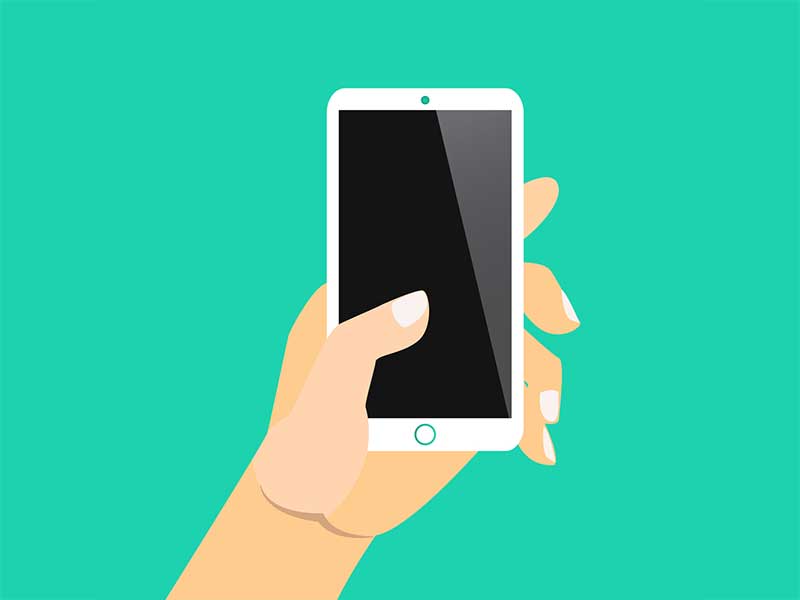 iPhone Won’t Turn On? Here’s Why & How to Fix It
iPhone Won’t Turn On? Here’s Why & How to Fix It 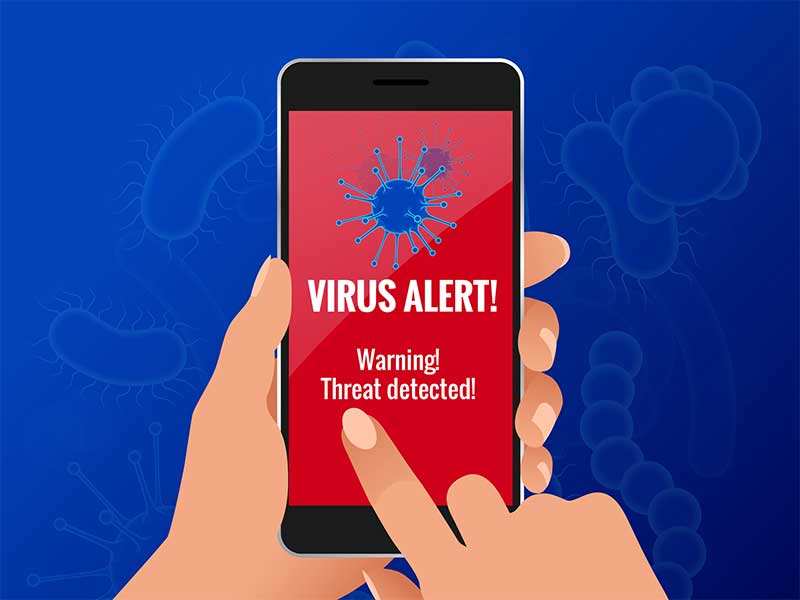 How to Know If Your Phone Has a Virus & How to Remove It
How to Know If Your Phone Has a Virus & How to Remove It 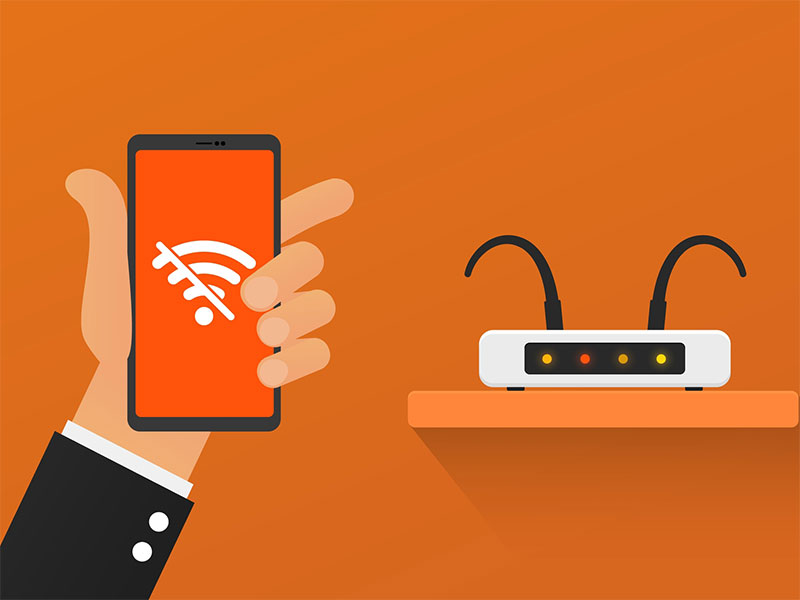 iPhone Won’t Connect to WiFi? Here’s How to Fix It
iPhone Won’t Connect to WiFi? Here’s How to Fix It 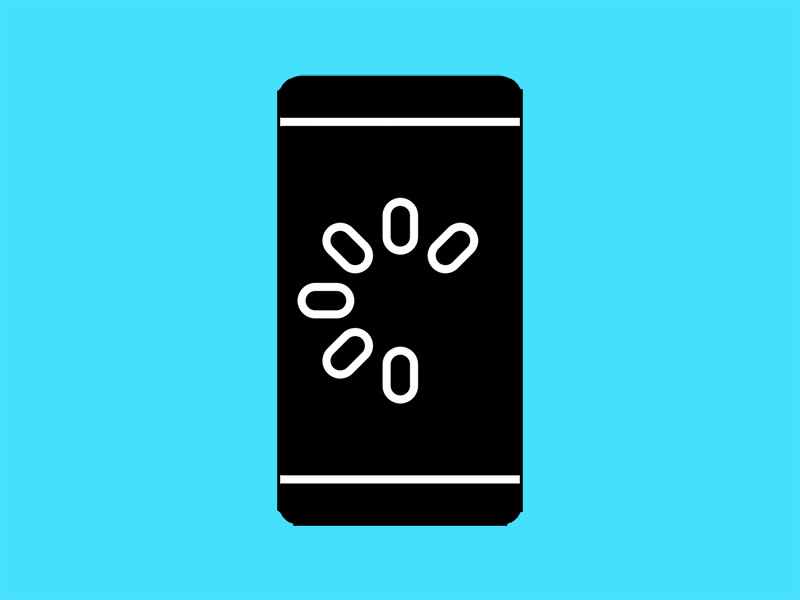 Why Your Phone is Slow & How to Speed It Up
Why Your Phone is Slow & How to Speed It Up 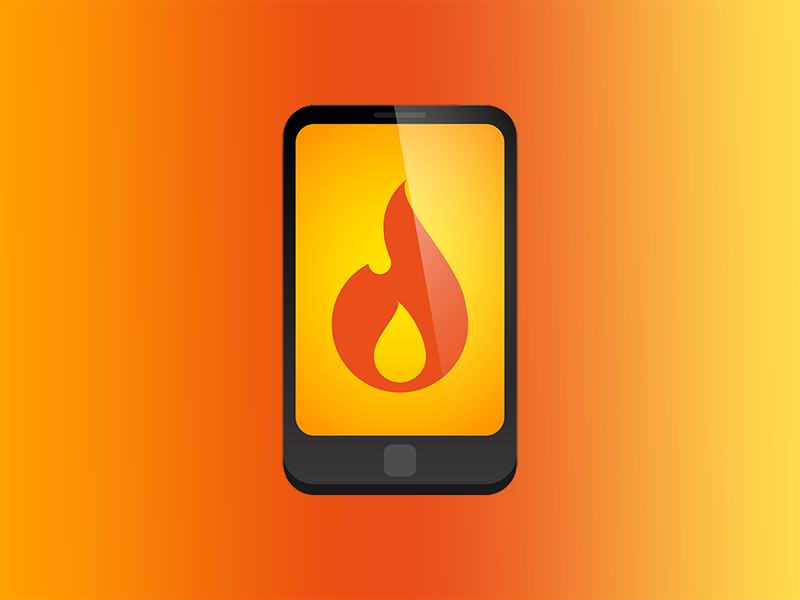 What Is a Burner Phone & When Should You Use One?
What Is a Burner Phone & When Should You Use One? 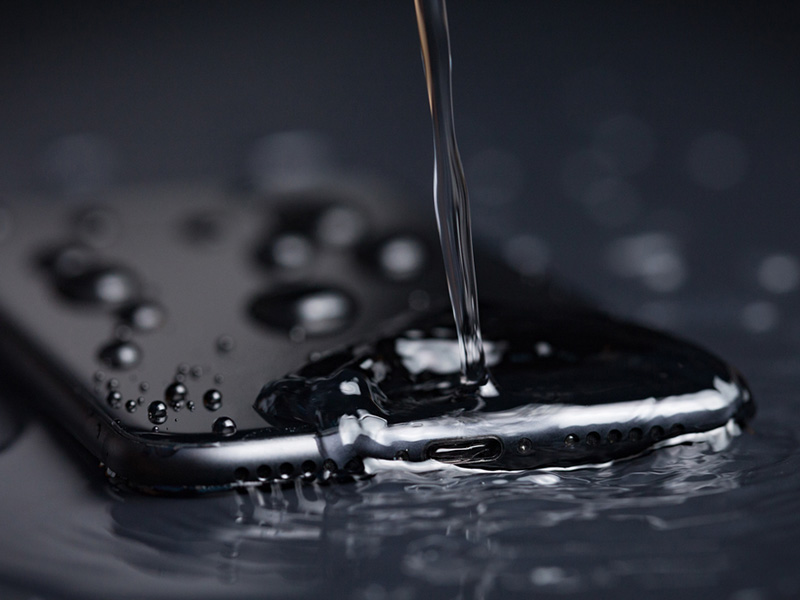 iPhone Water Damage Repair: 3 Options & What They Cost
iPhone Water Damage Repair: 3 Options & What They Cost 
